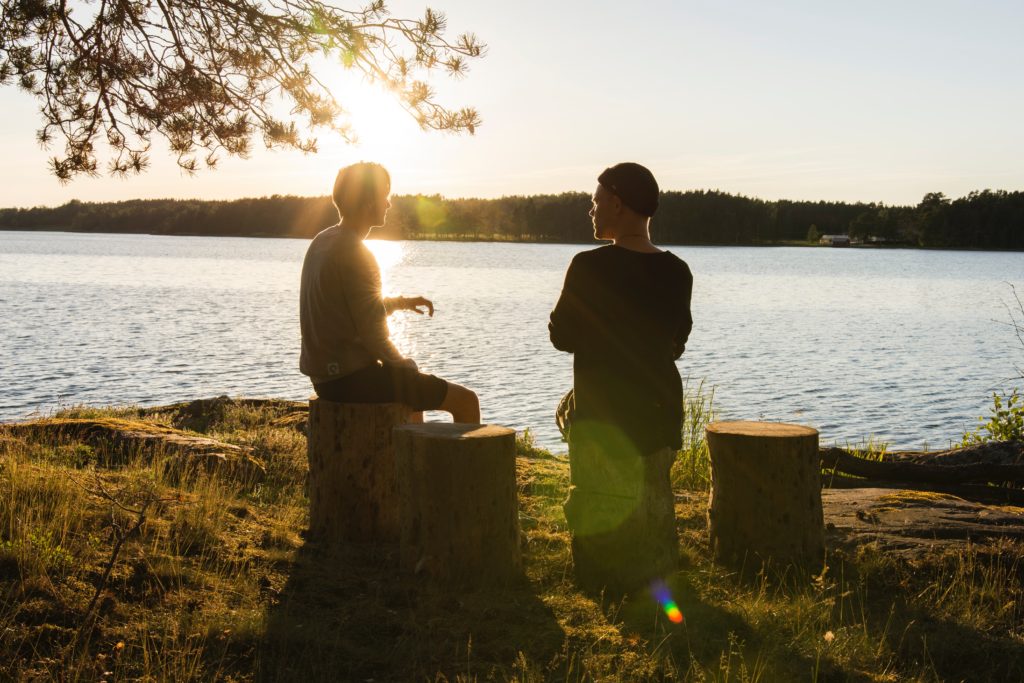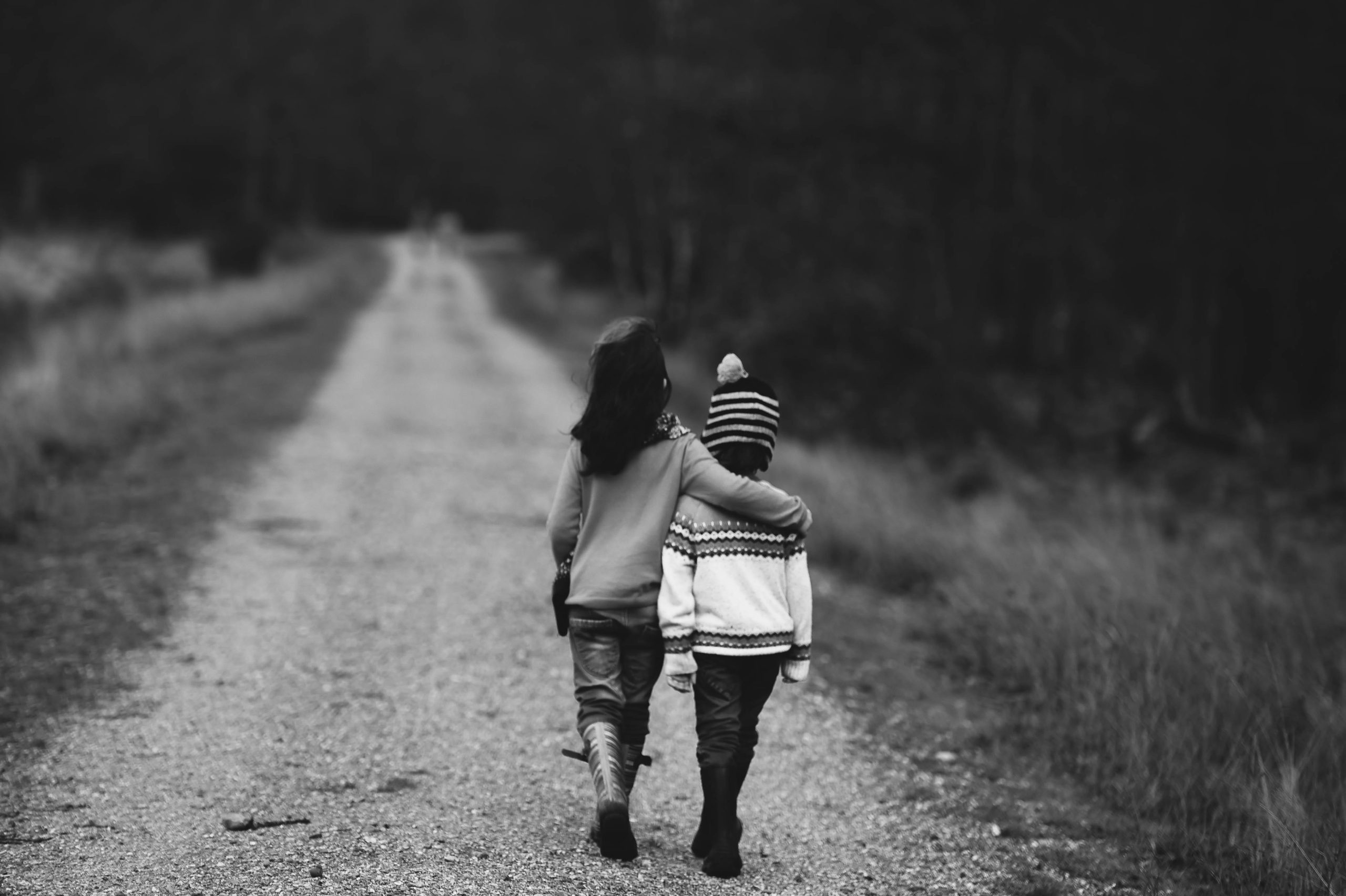There are many reasons that we lose friends in our thirties. It is normal but it still hurts. And it doesn’t mean there is anything wrong with us (I hope). So let’s take a closer look at why we lose friends in our 30s and how to handle it.
Me: “Let’s catch up this month, when are you free?”
Life Long Friend: “I am so busy for the next few weeks, I have something on every weekend!”
Me: “Ok cool, well how about after that, we can plan in advance to suit your busy schedule”
Life Long Friend: “Honestly, I’m so busy I can’t commit to anything”
I can’t help but think “Is this a busy time or am I losing you as a friend?” I’ve been having conversations like this more and more recently. And it makes me sad. A lot of my friends are in different stages of their lives now which is making it harder and harder to maintain meaningful friendships.
There is a lot of content out there about romantic relationships and breakups. But the reality is losing a friend can be painful too and we don’t seem to talk about it or support each other in the same way. Like most people, I am wondering if I’ve done something wrong or if my friend really is just busy. Or maybe I haven’t done anything wrong but she is just moving into a new phase in her life and I am no longer part of that. It is difficult to be left behind but it happens. But why?
Different Paths

We go through many phases throughout our lives. And very often in our thirties we transition in to a new phase. And we start down a different path. The thing is this is also happening with our friends. Therefore, we can end up on different paths. And we are no longer going through similar experiences. This makes it hard to relate and can naturally lead to the friendship fizzling. A simple example may be one friend becoming a parent and being family focused whilst the other friend is childless and career focused.
Growing Apart
Even if you do stay on the same path as your friend, as you grow older you may still grow apart. As we gain more life experience our perception of the world changes, our interests change and we may naturally grow apart from people we were friends with when we were younger. A simple example might be that you or your friend no longer enjoy the same things you used to. And that means that we naturally grow apart.
Changing Priorities
As we get older, it is normal that our priorities will change. This may mean people or things. Very often people develop romantic relationships in their late 20s or early 30s. This can mean that those friends are now prioritising couple holidays instead of party holidays with the girls, as an example. When this happens, it’s harder to find common ground and it feels easier to focus on the friends who have the same priorities as you.
Geographical Distance

Geographical distance is obvious and can of course happen at any age. However in our thirties, as previously mentioned it can be a time of transition. We’ve lived our 20s. Some of us have been abroad and are ready to return home. Others have never left home and feel the need to experience the world. We move for love, for work and for adventure. In any case, some friendships survive and thrive with distance. With others, it just isn’t the same when you can’t see each other regularly.
What Can We Do?
As we can see, there are many reasons why friendships can change and even end. If it just fizzles, that is fine. However, it is difficult when it is one sided. If one person is disengaging whilst the other person is still trying to make the friendship work, it hurts and sometimes can be as painful as a romantic breakup. But what can we do?
Have A Conversation
Usually a long term friendship fizzling out is a slow process. And it leads to us questioning whether or not we have done something wrong. Are they mad at us? Why don’t they want to hang out? Why are they pushing me away? We drive ourselves crazy. We need to simply have a conversation. Ask your friend if there is an unresolved issue. Chances are if they are just losing interest in you, they will say everything is fine. Not exactly true, but at least you know they aren’t mad for a specific thing you did recently without realising.

Accept what we can't change
If ‘everything is fine’, although difficult, we need to accept what we cannot change. The challenge here is that we are not petty about it. We don’t need to play games or bad mouth our friend. We simply accept the situation and maintain our dignity and maybe our friendship. Sometimes phases are just that, phases. And the friendship rekindles in time. In order for that to happen, we must remain respectful and remain open to and available for the friendship, if the time comes. That doesn’t mean wait around, it simply means don’t decline a future invite out of pettiness.
Look on the brightside
As the saying goes ‘for every door that closes, another one opens’. The time, effort and energy you had been putting into that friendship is now free for you to focus elsewhere. Maybe you’d like to make new friends that better align to present day you. If so, check out How To Easily Make Friends In Your 30s. Or maybe you had been meaning to pick up a new hobby (some ideas: 5 Hobbies You Need In Your 30s). Whatever you decide, view this unfortunate situation as an opportunity to improve your life in other areas. And embrace it.
It's Okay To Be Sad And Still Move On
You can accept it and look on the bright side but it is still going to hurt. So don’t forget that it is okay to be sad. We are likely to be losing someone who was a very important part of our lives, sometimes for a very long time. And it takes time to grieve that friendship. It doesn’t mean that you shouldn’t move on though. When you know you’ve done all you can, it’s okay to be sad and still move on. As with most things, it gets easier with time.
Sign up for our newsletter to become a part of the Suddenly Thirty community - stay up to date on new posts and community events!

Pingback: What Should I Do While I Am Single? - Suddenly Thirty